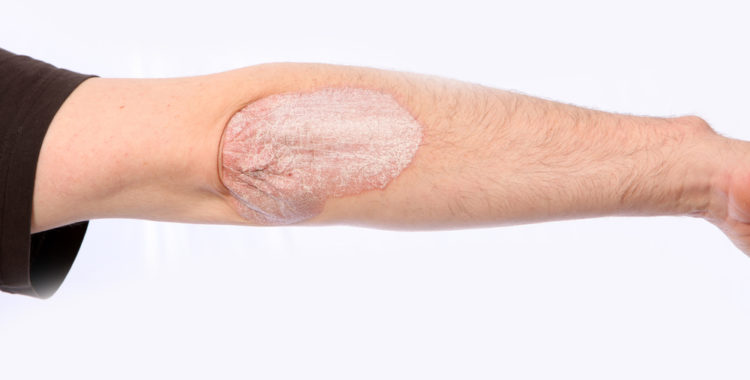Learning About Psoriasis Causes, Symptoms, and Treatment
If you’ve recently been diagnosed with psoriasis or think that you may be suffering from a psoriasis condition, learning more about psoriasis can help you in the long run. Discovering what may have caused the condition, symptoms of psoriasis, and effective treatments can help you determine your type of psoriasis and how to go about managing it. Furthermore, learning about psoriasis may help you discover ways of paying for treatments that work to manage your specific condition.
About Psoriasis Causes
There are actually no known causes of this aggravating medical condition. It’s considered one of many kinds of autoimmune disorders. Autoimmune disorders are characterized by the occurrence of cells of the immune system attacking cells as they were an intruder like virus or infection. Because cells are attacked, the body creates excess cells which are the buildup of skin cells known as the most common symptom of psoriasis. Because the condition is an autoimmune disorder, it is not contagious through touch or otherwise.
Learning About Psoriasis Types
There are seven different types of psoriasis. Which type will determine your symptoms and various options for treatment. Your doctor can help to determine which type of psoriasis you’re being affected with. The types of psoriasis include:
Plaque Psoriasis: This is the most commonly diagnosed of the seven types of psoriasis. In fact, about 80% of psoriasis cases are plaque psoriasis. Symptoms of this type of psoriasis include itchy, burning patches of skin. These patches of skin are commonly red, raised, and surrounded by scales of white skin. Usually, the affected areas of the body are the knees, elbows, back, or scalp.
Guttate Psoriasis: This type of psoriasis affects only 2 in every 100 cases. And, it only affects children and young adults. Symptoms of the condition include small, itchy, red spots. Affected areas include the upper body, upper arms, upper legs, and head. Flare-ups of this type usually occur from stress, anxiety, beta-blocking medications, and respiratory infections.
Pustular Psoriasis: A rare type of psoriasis which only affects individuals older than the age of 18. Symptoms include pus-filled pimples which are accompanied by red, itchy skin. It can affect only a single area of the body or can affect the entire body, which can be relatively dangerous and calls for immediate medical attention.
Inverse Psoriasis: The type of symptoms of this type of psoriasis is what characterizes is. Rather than raised skin, individuals diagnosed with this condition experience smooth, red patches of skin. And, don’t experience the white flaky skin which happens to those with plaque psoriasis.
Erythrodermic Psoriasis: The rarest type of psoriasis, this condition affects the skin of the entire body. It causes most of the body’s skin to look red and the body to raise in temperature, commonly leading to high fever. Those diagnosed with this type may need to see a doctor upon each flare-up to prevent further damage and sickness.
Psoriatic Arthritis: It’s common for individuals who experience psoriasis to eventually develop arthritis too. These individuals experience symptoms of both conditions like itchy skin, painful joints, and red patches.
Nail Psoriasis: This is most common in those diagnosed with psoriatic arthritis. But, it also affects up to half of other individuals diagnosed with all types of psoriasis. It includes changes to the nail like yellowing, pain, tenderness, hollowing, and rising off of the nail bed.
About Psoriasis Treatments
There are a number of creams and prescription treatments your doctor may prescribe to you upon diagnosis of your condition. If you find that you are unable to afford the cost of your needed prescription treatments, you may be eligible to receive discounts or even full coverage of your medications through Advocate My Meds. Check out our website to determine if you may be qualified for patient assistance programs. Or, give us a call today to speak with an experienced staff member at 877-596-1604.







